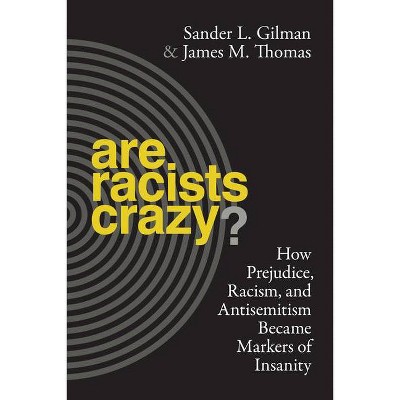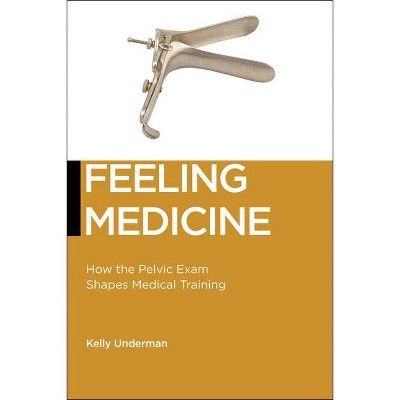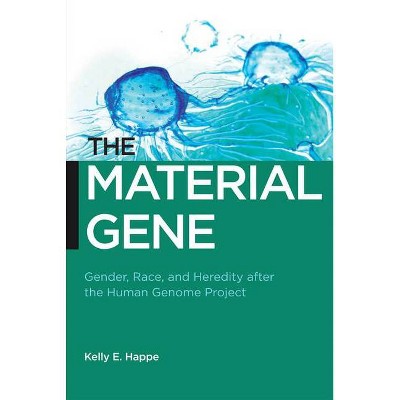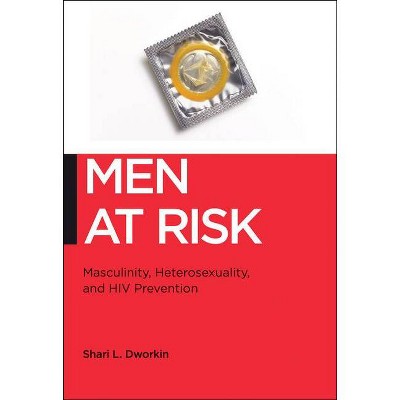Biopolitics - by Thomas Lemke (Paperback)

Similar Products
Products of same category from the store
AllProduct info
<p/><br></br><p><b> Book Synopsis </b></p></br></br><p><b>The first systematic overview of the notion of biopolitics and its relevance in contemporary theoretical debate</b> <p/>The biological features of human beings are now measured, observed, and understood in ways never before thought possible, defining norms, establishing standards, and determining average values of human life. While the notion of "biopolitics" has been linked to everything from rational decision-making and the democratic organization of social life to eugenics and racism, Thomas Lemke offers the very first systematic overview of the history of the notion of biopolitics, exploring its relevance in contemporary theoretical debates and providing a much needed primer on the topic. <p/> Lemke explains that life has become an independent, objective and measurable factor as well as a collective reality that can be separated from concrete living beings and the singularity of individual experience. He shows how our understanding of the processes of life, the organizing of populations and the need to "govern" individuals and collectives lead to practices of correction, exclusion, normalization, and disciplining. In this lucidly written book, Lemke outlines the stakes and the debates surrounding biopolitics, providing a systematic overview of the history of the notion and making clear its relevance for sociological and contemporary theoretical debates.</p><p/><br></br><p><b> Review Quotes </b></p></br></br><br>[This book] advances an analytics of 'biopolitics' as a 'prospective' methodological approach, offering a number of valuable and provocative questions to guide future research.-- "Foucault Studies"<br><br>Lemke (Goethe Univ., Germany) offers an overview of biopolitics and an account of its relevance in theoretical debate... Recommended.-- "Choice"<br><br>Thomas Lemke's Biopolitics: An Advanced Introductionis required reading for anyone interested in this concept.--Carlos Novas "New Genetics and Society"<br><br>What Lemkes final chapter makes plain, and what can thus be read back into the book on the whole...is that biopolitics is a coherent field of inquiry for future work in anthropology, sociology, science studies, and of course history and philosophy, and that it is such precisely because it is a field of inquiry, namely an arena for rigorous investigation and severe thought... This is a crucial task. Lemke is to be applauded for showing both its coherence and its needfulness.-- "Theory & Event"<br><p/><br></br><p><b> About the Author </b></p></br></br><p><b>Thomas Lemke</b> is Professor of Sociology at the Faculty of Social Sciences at Goethe University Frankfurt. He is author of <i>A Critique of Political Reason: Foucault's Analysis of Modern Governmentality </i>and <i>Biopolitics: An Advanced Introduction</i>. <p/><b>Monica J. Casper</b> is Professor of Gender and Women's Studies and an affiliated faculty member in the School of Sociology and the Africana Studies Program at the University of Arizona. Her publications include Missing Bodies: The Politics of Visibility. <p/><b>Lisa Jean Moore</b> is Professor of Sociology and Women's Studies at Purchase College, State University of New York. She is author of <i>Sperm Counts: Overcome by Man's Most Precious Fluid</i> and co-author of <i>Missing Bodies: The Politics of Visibility</i> and <i>Buzz: Urban Beekeeping and the Power of the Bee</i>. She is also co-editor of the collection <i>The Body Reader</i> and, with Monica Casper, oversees the series Biopolitics: Medicine, Technoscience, and Health in the Twenty-First Century for NYU Press.</p>
Price History
Cheapest price in the interval: 22.49 on October 22, 2021
Most expensive price in the interval: 22.49 on November 8, 2021
Price Archive shows prices from various stores, lets you see history and find the cheapest. There is no actual sale on the website. For all support, inquiry and suggestion messages communication@pricearchive.us




















